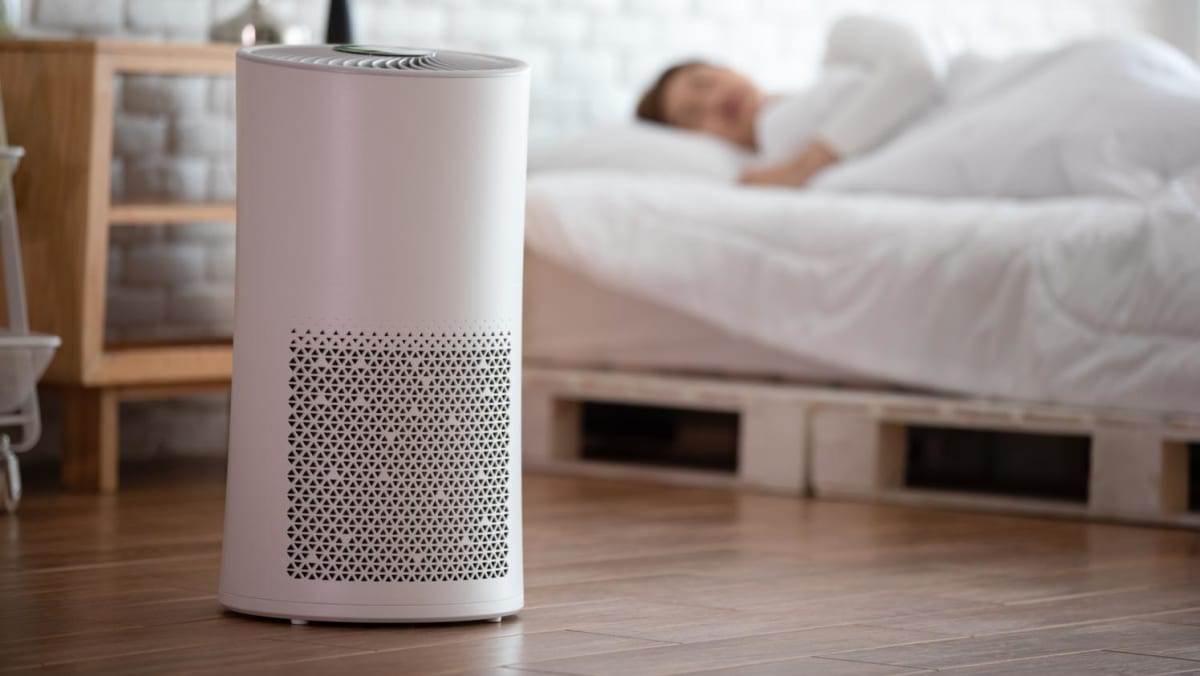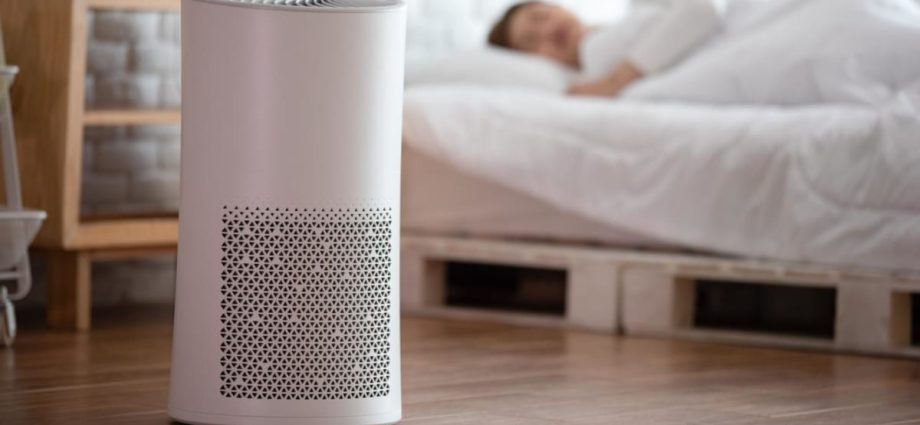
What should I avoid?
Some air purifiers generate additional air pollutants, like ozone, which are health hazards.
According to NEA’s website, electronic portable air cleaners that use ionizers, photocatalytic oxidizers, electrostatic precipitators, hydroxyl generators, UV light or other electronic air-cleaning technologies may generate harmful levels of ozone or ions.
Mechanical filters such as HEPA do not generate ozone or ions.
If I already have one, how do I know it is still effective?
It may have been years since you last used your air purifier. Can you still use it if haze hits this year?
Assoc Prof Yim, who is from NTU’s Asian School of the Environment, said it depends on how an air purifier has been maintained. “Old filters should be regularly changed to a new one for a certain time period depending on the indoor air quality.”
Assoc Prof Tham, Assoc Prof Cheong and Prof Sekhar said there was little a layperson could do to evaluate their air purifiers’ performance, as the process is highly technical and done in the laboratory. However, users can still replace the filters.
“Activated carbon must be viewed as something that depletes over time. Its capacity to absorb chemicals reduces when in continual use. When one starts to detect smell penetrating the filter, this is indicative that the activated carbon has lost its ability to remove such chemicals,” they said.
Prof Balasubramanian cautioned users against changing filters in the presence of others, especially those who suffer from respiratory conditions, and to also wear an N95 mask while doing so.
Asked if there was a way to check for an air purifier’s effectiveness, the NUS professor said it was “very hard” but suggested using a cheap particle counter to measure the amount of particles in an enclosed room before and after using the air purifier.
Alternatively, he suggested to try lighting an incense stick. If an air purifier is working well, the smell and amount of smoke emitted from the incense stick should be less than if the air purifier is not switched on.
Will the air purifiers I bought for COVID-19 work against haze?
It should, but beware of devices that generate ozone, said Prof Balasubramanian.
Some air purifiers used for COVID-19 disinfect by inactivating the virus through germicidal lamps, or UV lamps, that generate ozone.
NUS’ Assoc Prof Tham, Assoc Prof Cheong and Prof Sekhar said: “Unless the CADR is compromised to achieve a better efficacy against COVID-19 virus, it should continue to be effective against the haze.
“Again, it is good to remember that haze is a complex contaminant with physical, chemical and possibly biological components. An air cleaner should adequately address all these components to be effective against the haze.”

